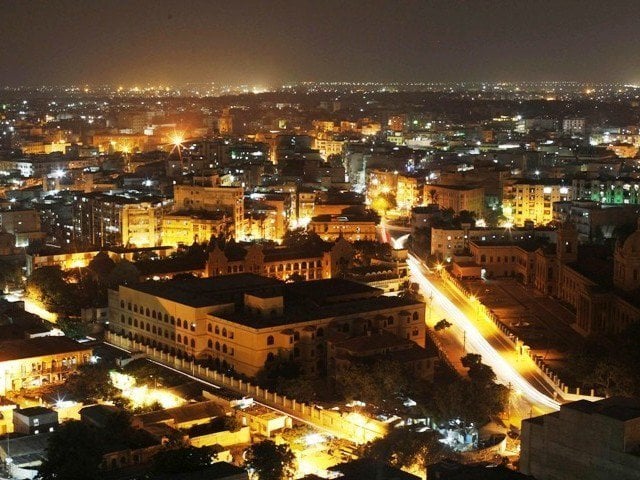
The Punjab government is the only government that has finally woken up to this issue and has begun working on a province-wide evaluation to judge the capacity of various buildings to withstand tremors. The provincial government has initiated a study to identify vulnerable buildings that would not be able to endure seismic disturbances as well as residents who cannot afford the repair of their buildings. Such people are expected to be offered subsidies or alternative housing. This is the first such study in any province and it cannot be emphasised enough how crucial it is to do such an evaluation on a country-wide basis.
Even following the deaths of 75,000 people during the 2005 earthquake, there is negligible implementation of building codes and barely any concern for better disaster-management facilities. Experts have long warned that if an earthquake and tsunami hits Karachi on the scale of the one that hit Japan in 2011, the city will be flattened. Much of the infrastructure in the country is of poor quality and in the most vulnerable areas like Balochistan and Gilgit-Baltistan, emergency services are often unable to reach victims in a timely manner. The Punjab government’s initiative, therefore, is most necessary and the rest of the country must follow suit. Depending on luck or miracles is not the ideal contingency plan.
Published in The Express Tribune, August 7th, 2016.
Like Opinion & Editorial on Facebook, follow @ETOpEd on Twitter to receive all updates on all our daily pieces.












COMMENTS
Comments are moderated and generally will be posted if they are on-topic and not abusive.
For more information, please see our Comments FAQ